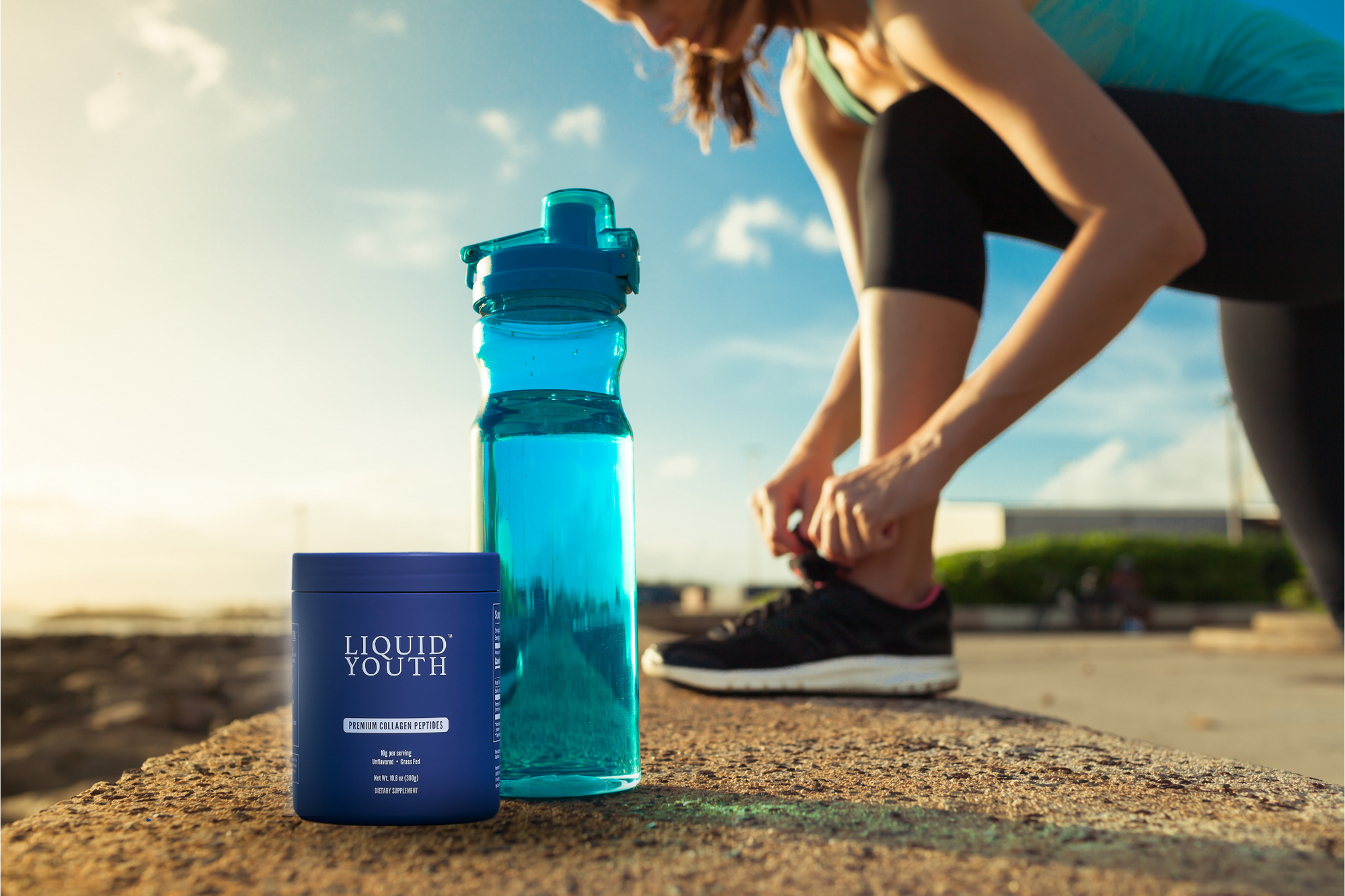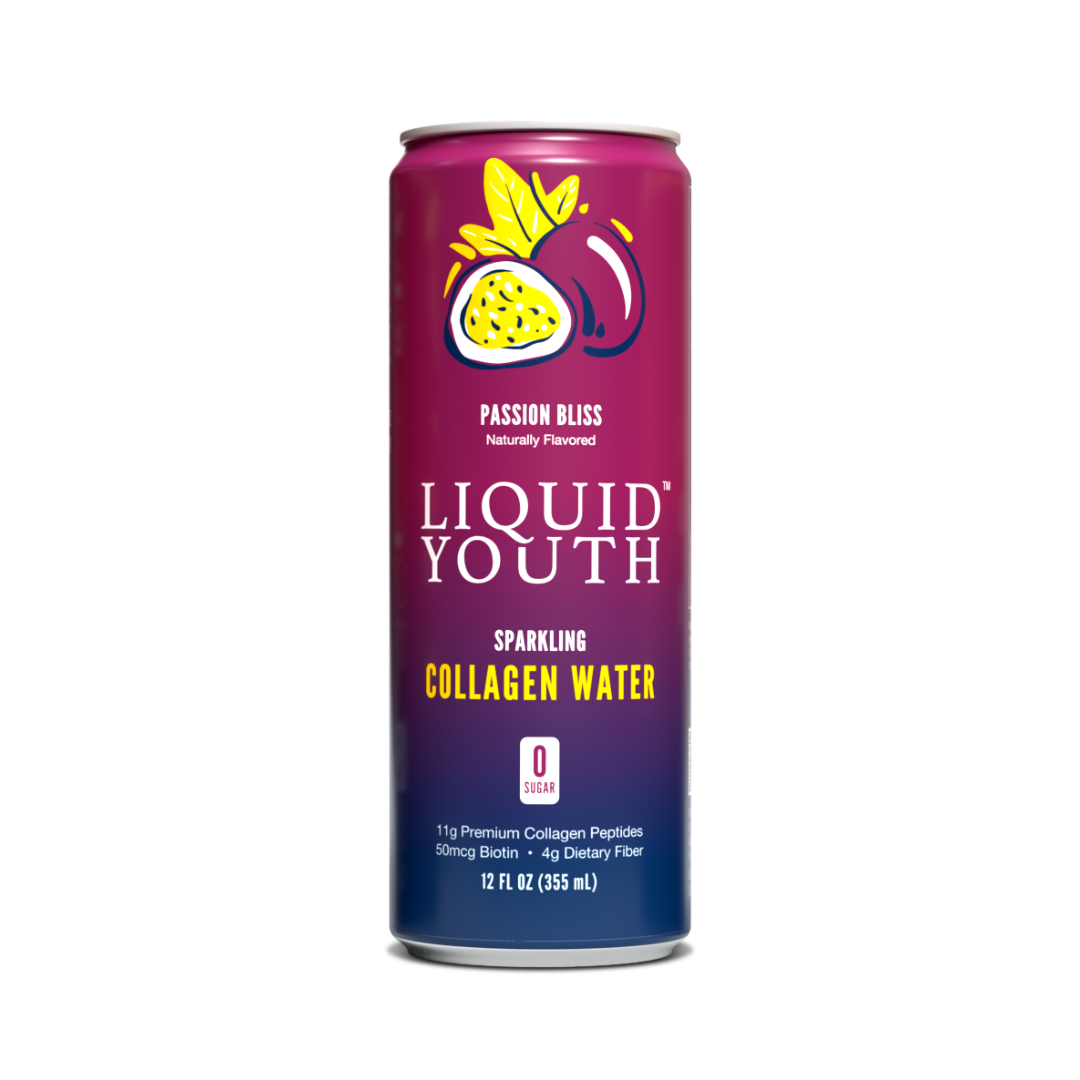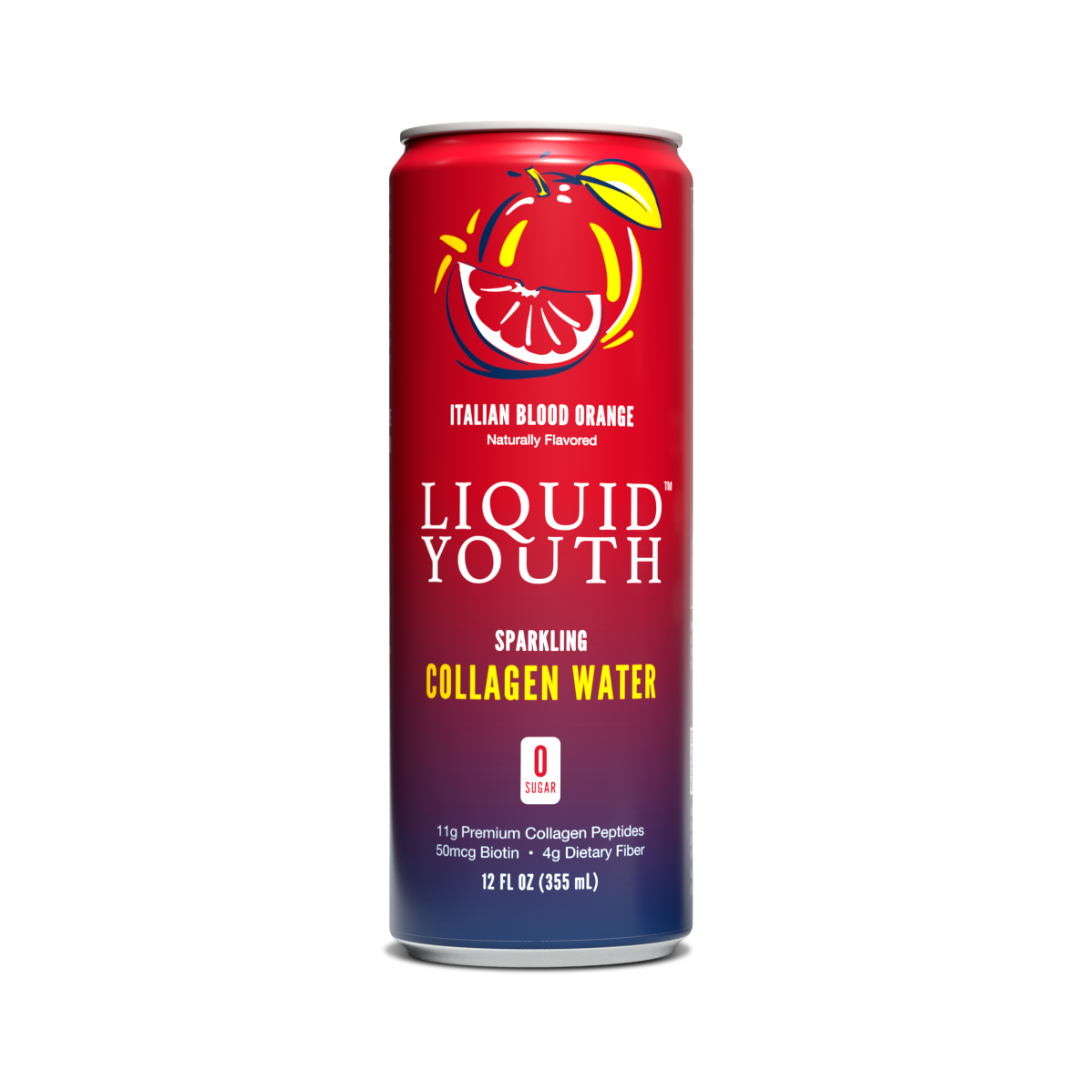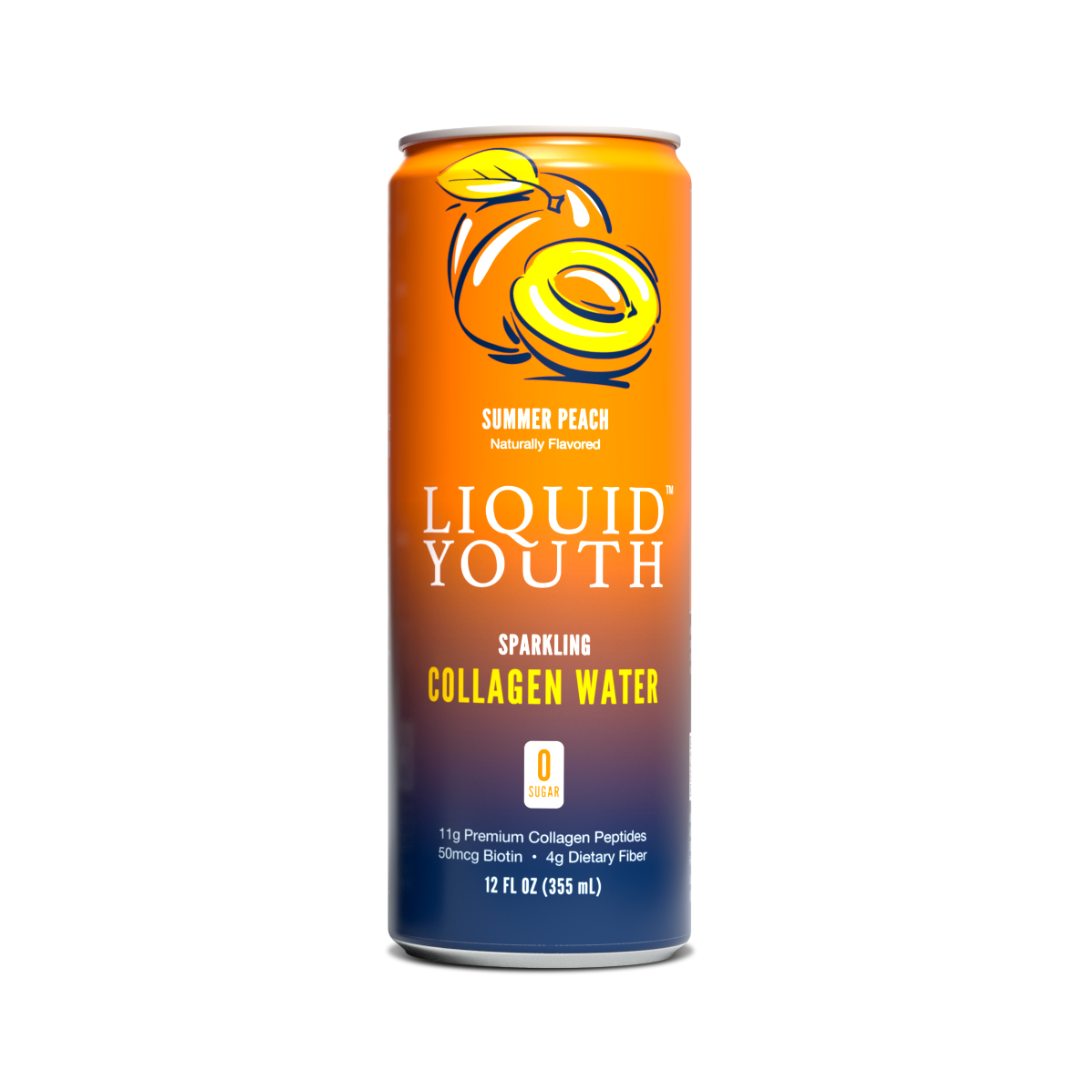Why Every Runner Should Be Taking Collagen Peptides to Boost Performance

Collagen Peptides for Runners Summary:
- Participants who consumed 15 grams of collagen peptides daily showed an increase in running distance during a 1-hour time trial compared to a group that received a powder that looked and tasted like collagen but had nothing in it.
- Runners taking collagen peptides may experience faster recovery times, reduced muscle soreness, and improved joint health, leading to better overall performance and endurance.
Running and jogging are popular forms of exercise, renowned for their cardiovascular benefits. Running is one of the most popular sports worldwide. In the United States alone, Statista cited that nearly 50 million people took part in running and jogging in 2021. However, runners often face joint pain and stiffness, particularly in the knees and ankles, which can hinder performance and enjoyment. Recently, collagen peptides for runners have gained attention due to their potential to improve running performance.

Understanding Collagen Peptides for Runners
Traditional diets often include bone broths, stews, and slow-cooked meals, which are rich in dietary collagen. However, the average collagen intake has decreased as modern dietary habits shift towards more processed foods. Furthermore, traditional collagen is not as easily absorbable as collagen peptides. Collagen peptides, typically obtained through the breakdown of collagen into smaller amino acids, are more easily absorbed by the body, making them an effective supplement for improving joint health. (Fu et al., 2019) Collagen peptides for runners are a potentially all-in-one joint improvement, pain reducer, and performance enhancer.
Collagen peptides have a unique mix of amino acids. They have lower levels of essential amino acids but are rich in glycine, hydroxyproline, and proline, similar to regular collagen. This composition supports their effectiveness in improving joint health and physical performance. (Kjaer, 2004) This unique composition supports their effectiveness in improving joint health and physical performance. In a recent study, supplementation with collagen peptides in combination with aerobic and resistance exercise resulted in a significant increase in running endurance performance and lean muscle mass in recreationally active women compared to a control group.(Jendricke et al., 2020)
Collagen Peptides and Joint Pain
Research has demonstrated that collagen peptides can reduce exercise-induced knee pain, making them a valuable addition to the routine of physically active individuals, such as jogging.(Zdzieblik et al., 2021) The advantages of collagen peptides go beyond pain reduction, with research linking collagen peptide supplementation to enhanced joint function and connective tissue recovery, which is especially beneficial for runners engaging in high-impact activities. (Kviatkovsky et al., 2022; Lin et al., 2023) Therefore, collagen peptides for runners are crucial for maintaining joint health and reducing pain.

The Study on Collagen Peptides and Running Performance
A recent study titled "Effects of Specific Bioactive Collagen Peptides in Combination with Concurrent Training on Running Performance and Indicators of Endurance Capacity in Men: A Randomized Controlled Trial" provides compelling evidence on the effectiveness of collagen peptides in improving running performance.(Jerger et al., 2023) This study involved moderately trained males who underwent a 12-week exercise program, combining 60 minutes of moderate-intensity running with 15 minutes of resistance training.
Research participants were divided into two groups:
- The collagen peptides group received 15 grams of collagen peptides daily,
- The control or placebo group received an identically flavored powder that contained no collagen peptides.
The researchers measured running endurance performance through a 1-hour time trial on a running track.
Results of the Study
The study found that the runners consuming collagen peptides showed a significant improvement in running performance compared to the control/placebo group. After 12 weeks, the collagen peptides group had a 15% higher increase in running distance during the time trial. These results suggest that supplementation with collagen peptides can enhance endurance capacity and running performance, making it a valuable addition to a runner's nutrition and supplement plan. The study's findings strongly support the use of collagen peptides for runners.
Practical Applications of Collagen Peptides
For runners looking to incorporate collagen peptides into their regimen, the recommended dosage based on the study is 15 grams daily. This can be replicated by consuming 3 bottles of Collagen Elixir daily or 1 and a half scoops of Liquid Youth Collagen Peptides. Combining collagen peptides with a balanced diet and regular training can further enhance their benefits. Runners may experience faster recovery times, reduced muscle soreness, and improved joint health, leading to better overall performance and endurance. This stresses the importance of collagen peptides for runners aiming to improve their performance.

Conclusion
Incorporating collagen peptides into a runner’s diet offers numerous benefits, particularly in reducing joint pain and enhancing performance. The study by Jerger et al. provides strong evidence supporting the effectiveness of collagen peptides in improving running endurance and capacity. Therefore, collagen peptides for runners are an essential consideration for those looking to maximize their running potential.
Featured Products
References
- Fu, Y., Therkildsen, M., Aluko, R. E., & Lametsch, R. (2019). Exploration of collagen recovered from animal by-products as a precursor of bioactive peptides: Successes and challenges. Critical Reviews in Food Science and Nutrition, 59, 2011 - 2027.
- Jendricke, P., Kohl, J., Centner, C., Gollhofer, A., & König, D. (2020). Influence of Specific Collagen Peptides and Concurrent Training on Cardiometabolic Parameters and Performance Indices in Women: A Randomized Controlled Trial. Front Nutr, 7, 580918. https://doi.org/10.3389/fnut.2020.580918
- Jerger, S., Jendricke, P., Centner, C., Bischof, K., Kohl, J., Keller, S., Gollhofer, A., & König, D. (2023). Effects of Specific Bioactive Collagen Peptides in Combination with Concurrent Training on Running Performance and Indicators of Endurance Capacity in Men: A Randomized Controlled Trial. Sports Med Open, 9(1), 103. https://doi.org/10.1186/s40798-023-00654-9
- Kjaer, M. (2004). Role of extracellular matrix in adaptation of tendon and skeletal muscle to mechanical loading. Physiol Rev, 84(2), 649-698. https://doi.org/10.1152/physrev.00031.2003
- Kviatkovsky, S. A., Hickner, R. C., & Ormsbee, M. J. (2022). Collagen Peptide Supplementation for Pain and Function: Is It Effective? Current Opinion in Clinical Nutrition & Metabolic Care, 25(6), 401-406. https://doi.org/10.1097/mco.0000000000000870
- Lin, C.-R., Tsai, S. H. L., Huang, K.-Y., Tsai, P.-A., Chou, H., & Chang, S.-H. (2023). Analgesic Efficacy of Collagen Peptide in Knee Osteoarthritis: A Meta-Analysis of Randomized Controlled Trials. Journal of Orthopaedic Surgery and Research, 18(1). https://doi.org/10.1186/s13018-023-04182-w
- Zdzieblik, D., Brame, J., Oesser, S., Gollhofer, A., & König, D. (2021). The Influence of Specific Bioactive Collagen Peptides on Knee Joint Discomfort in Young Physically Active Adults: A Randomized Controlled Trial. Nutrients, 13(2), 523. https://doi.org/10.3390/nu13020523


















